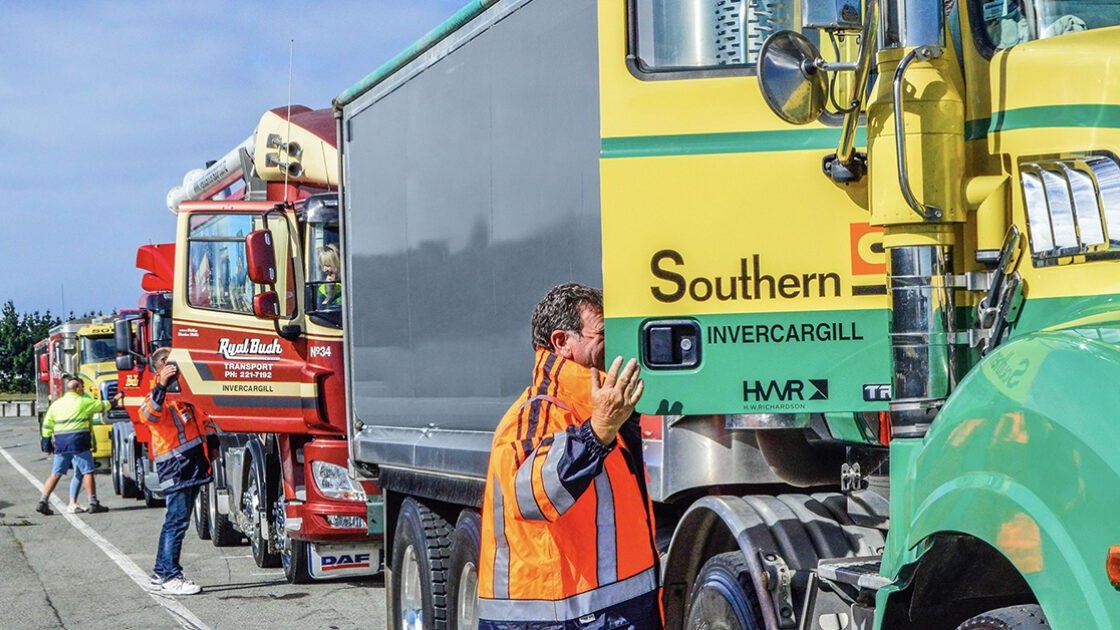HWR partners with Fabrum to decarbonise transport fleet with hydrogen

H.W. Richardson has partnered with zero-emissions transition company Fabrum to decarbonise its transport fleet with hydrogen.
Fabrum is developing and deploying an end-to-end scalable hydrogen refuelling solution for HWR to enable fleet-ready access to hydrogen. This coincides with HWR’s plans to have ten dual-fuel hydrogen-diesel trucks on the road by the second quarter of 2023.
Fabrum is developing the first green hydrogen production system for HWR for its Southland site, using a 1.1-megawatt membrane-free electrolyser combined with its cryogenic technologies in a containerised system for decentralised point-of-use refuelling. Fabrum will also supply hydrogen storage technology that integrates with compression and dispensing technology to enable an end-to-end solution of production through to dispensing of hydrogen gas.

“Fabrum is a key part of our hydrogen project as their world-leading solutions enable hydrogen production capability on-site and on-demand,” said HWR chief executive Anthony Jones.
“As HWR rolls out dual-fuel technology and its hydrogen refuelling network across New Zealand, Fabrum’s ability to scale to grow with us means this alternative fuel source will be a solution for the entire heavy transport industry.”
HWR has been trialling dual-fuel hydrogen technology for its truck fleets since late 2021. Dual-fuel is a future fuels solution that works for the entire heavy transport industry, enabling this low-carbon transition in an accessible and sustainable manner. Dual-fuel technology diesel engines can replace up to 40% of the diesel with hydrogen – resulting in a 40% reduction in emissions – without power loss.
HWR, which owns the Allied Petroleum network of around 110 fuel stops across New Zealand, has options to buy further electrolyser and hydrogen storage systems from Fabrum for new and existing refuelling sites.

“We can use our fuel network to distribute hydrogen as an alternative fuel not just for our fleet, but to help the heavy transport industry as a whole – by removing barriers to accessing ready hydrogen fuel,” said Jones.





